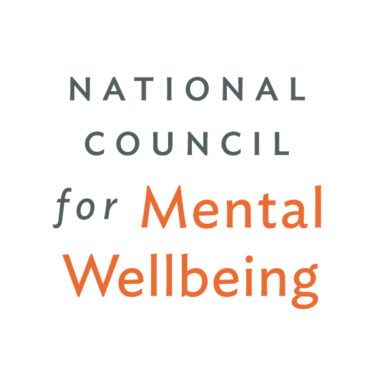Contact:
Sophia Majlessi
SophiaM@TheNationalCouncil.org
(202) 621-1631
WASHINGTON, DC (March 11, 2019) – The National Council for Mental Wellbeing, today announced that its board of directors unanimously selected Chuck Ingoglia as the next president and CEO for the organization. He will succeed Linda Rosenberg, the current president and CEO on June 1, 2019.
“On behalf of the National Council Board of Directors, I am pleased to announce that after a comprehensive national selection process, the board is delighted to appoint Chuck Ingoglia to the role of president and CEO, ” said Jeff Richardson, chair of the board of directors. “With more than 20 years of experience in behavioral health, working as a provider, advocate and educator for government and public sector organizations, we are fortunate to have a leader with Chuck’s skill and deep knowledge. He is the clear choice to lead the National Council into the future.”
Since joining the organization in 2005, Ingoglia has served as the National Council’s senior vice president of policy and practice improvement. He has directed federal and state policy efforts and overseen practice improvement programs offered to behavioral health professionals across the U.S. His efforts have centered on key issues such as parity, health care reform and improving access to behavioral health treatment in communities.
Prior to joining the National Council, Ingoglia provided policy and program design guidance to the Substance Abuse and Mental Health Services Administration. He also directed state government relations and service system improvement projects for the National Mental Health Association (now Mental Health America), served as a policy analyst for the National Association of Social Workers and designed educational programs for mental health and addictions professionals at the Association for Ambulatory Behavioral Healthcare.
“We are very grateful to Linda for 15 years of outstanding leadership and fortunate that Chuck has accepted the position. Chuck is a proven leader and the best choice from a deep pool of interested and highly qualified candidates from across the country,” said Richardson. “His vision and strategy are exactly what the National Council needs as we enter our next chapter.”
“I am honored and humbled to have been selected as the next president and CEO,” stated Ingoglia. “With the support of the phenomenal board and staff, I look forward to furthering the mission of the National Council. Together, we will continue to protect and expand access to community behavioral health to ensure that all Americans have access to quality mental health and addiction services. And together we will continue the growth of Mental Health First Aid, our nation’s premier public education program focusing on mental health and addiction.”
###
The National Council for Mental Wellbeing is the unifying voice of America’s health care organizations that deliver mental health and addictions treatment and services. Together with our 3,000-member organizations serving over 10 million adults, children and families living with mental illnesses and addictions, the National Council is committed to all Americans having access to comprehensive, high-quality care that affords every opportunity for recovery. The National Council introduced Mental Health First Aid USA and more than 1.5 million Americans have been trained.
About The National Council
Founded in 1969, the National Council for Mental Wellbeing is a membership organization that drives policy and social change on behalf of over 3,400 mental health and substance use treatment organizations and the more than 10 million children, adults and families they serve. We advocate for policies to ensure equitable access to high-quality services. We build the capacity of mental health and substance use treatment organizations. And we promote greater understanding of mental wellbeing as a core component of comprehensive health and health care. Through our Mental Health First Aid (MHFA) program, we have trained more than 3 million people in the U.S. to identify, understand and respond to signs and symptoms of mental health and substance use challenges.



